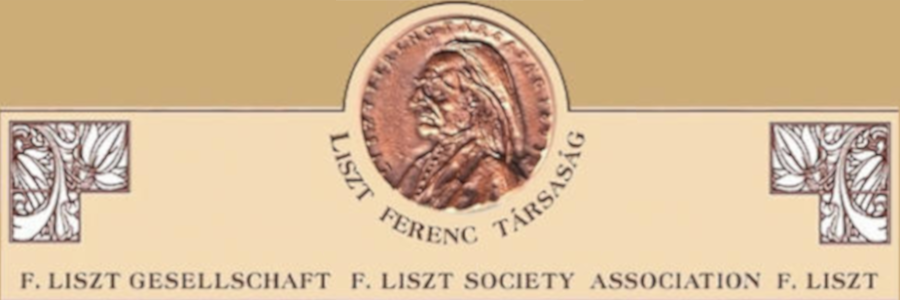
The Liszt Ferenc Memorial Museum
The museum is part of the Liszt Ferenc Academy of Music and conserves Liszt's home in its (nearly) original state
Learn more
A true classical master
Franz Liszt (1811-1886) was a Hungarian composer, virtuoso pianist, conductor, and teacher, considered one of the most prominent figures of the Romantic era. Born in Raiding, Hungary, Liszt demonstrated extraordinary musical talent from an early age, performing public concerts by the age of nine. He studied under Carl Czerny and Antonio Salieri in Vienna before embarking on a career as a touring virtuoso. Known for his dazzling piano technique and charismatic performances, Liszt revolutionized piano playing and concert presentation. He composed extensively for the piano, as well as orchestral works, choral pieces, and chamber music. Later in life, Liszt became deeply involved in the music scene in Weimar, where he supported and mentored other composers, including Richard Wagner. He also took minor holy orders in the Catholic Church. Liszt's contributions to music include the development of the symphonic poem and innovations in harmony and form.
Visit these links for more information about Franz Liszt

The museum is part of the Liszt Ferenc Academy of Music and conserves Liszt's home in its (nearly) original state
Learn more
The Hungarian Liszt Society has contacts with many Liszt Societies around the world and propogates his noble ideas.
Learn more